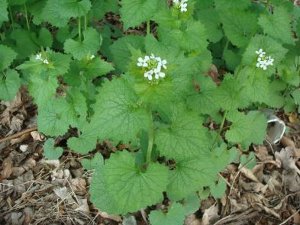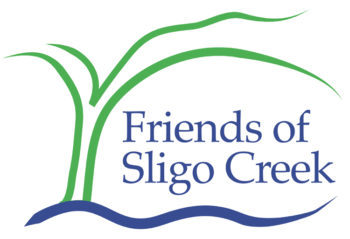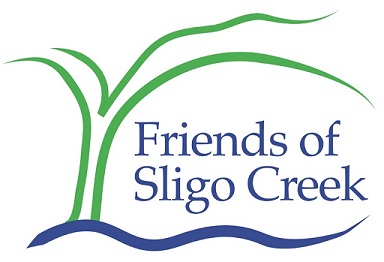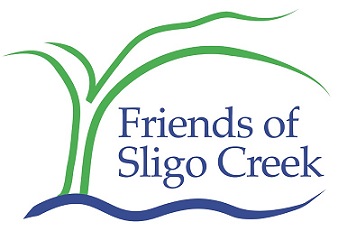A simple way to help the environment locally is to become familiar with non-native invasive (NNI) plant species and to help remove them from your yards and from public areas.

A simple way to help the environment locally is to become familiar with non-native invasive (NNI) plant species and to help remove them from your yards and from public areas.
While NNIs get relatively little attention, they present one of the greatest threats to the health and biodiversity of our natural areas like parklands. NNIs displace important native plants, impact native wildlife, and degrade the wonderful diverse natural areas around Wheaton and throughout the region.
Springtime brings not only warm weather, but also an invasion of one of these NNI, garlic mustard plants. Garlic mustard is a tall weed native to Europe. It was introduced to the U.S. over 100 years ago, perhaps intentionally because it is edible. Once you learn to recognize garlic mustard, you will see it everywhere.
Garlic mustard poses a severe threat to native plants and animals in forest communities locally and in much of the eastern and midwestern U.S. When garlic mustard establishes itself in an area, it outcompetes native plants by aggressively monopolizing light, moisture, nutrients, soil and space. Researchers are learning that one way it outcompetes native plants is by using the plant kingdom’s version of chemical warfare against native plants.
Garlic mustard dominates by killing off in the soil the mycorrhizal fungi that native plants must have to be healthy, but which garlic mustard does not need. Wildlife species that depend on the displaced native plants for their foliage, pollen, nectar, fruits, seeds and roots are deprived of these essential food sources. By slowly poisoning the soil, garlic mustard is having a disastrous affect on our forest.
The local watershed groups around Wheaton organize garlic mustard pulls and removal of other NNI plants. Check out the group which is closest to you and help out.
www.friendsofsligocreek.org
www.neighborsnwb.org
www.rockcreekconservancy.org
By learning to be a good steward of your property and public lands, you can help the environment and enhance your community. The county provides training on identifying and removing NNI plants. There are many volunteer opportunities throughout the county. If you are interested, see:
www.montgomeryparks.org/PPSD/Natural_Resources_Stewardship/Veg_Management/weed_warriors/index.shtm


